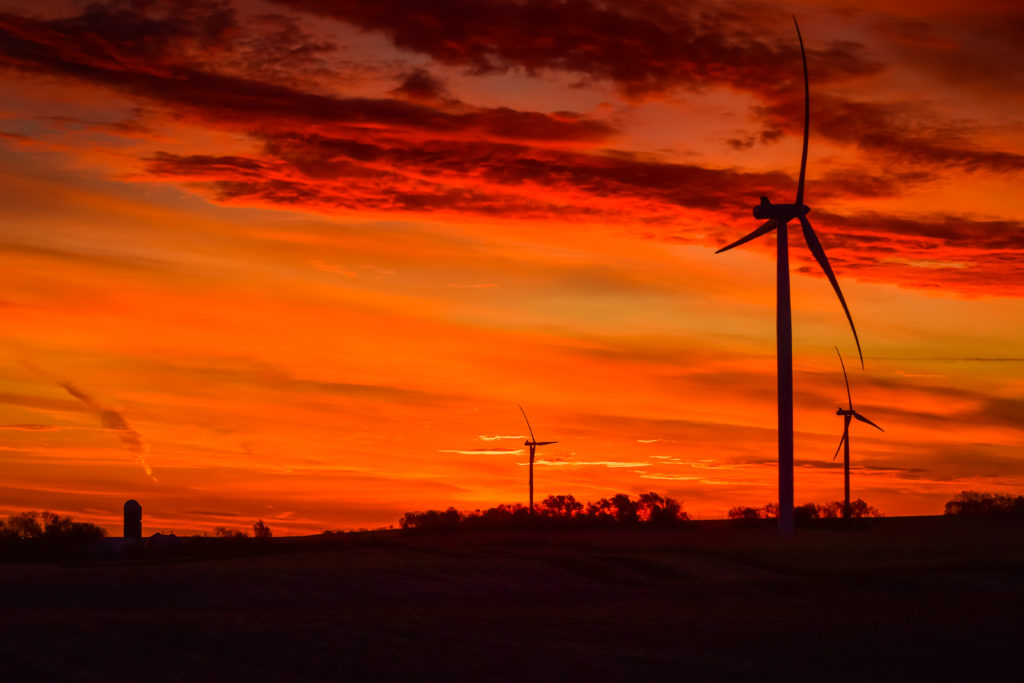
Efforts to provide electric cooperatives with direct federal payments to develop renewable energy and battery storage projects advanced in the Senate as a key committee agreed to include the incentives in a broader energy bill.
Senate Finance Committee Chairman Ron Wyden, D-Ore., said he plans to place the Clean Energy for America Act directly on the Senate calendar for a vote by the full chamber later this year.
Committee members split 14-14 on the legislation as members divided along party lines on May 26. But Senate rules allow the chairman to advance the bill to the full Senate when there’s a tie.
The bill includes language proposed by Sen. Michael Bennet, D-Colo., that would provide direct-pay investment and production tax credits to co-ops, publicly owned utilities and tribal governments for clean energy projects. The Joint Committee on Taxation estimates that the provision could result in $50 billion in payments over the next 10 years.
A similar bill being considered in the House, the GREEN Act, also includes direct-pay incentives for co-ops and publicly owned utilities.
For-profit utilities have long received federal tax breaks for providing power from solar, wind and other renewable energy sources and for using carbon-capture technologies. But not-for-profit co-ops and public power utilities haven’t been able to get those incentives because they are exempt from federal income taxes.
“We should make these tax incentives accessible to electric co-ops, public power companies and tribes,” Bennet said before the committee vote. “They are doing yeoman’s work to transition to clean energy and drive opportunity in rural America and we should support them.”
NRECA CEO Jim Matheson, American Public Power Association President/CEO Joy Ditto and Large Public Power Council President John Di Stasio wrote a letter to Bennet supporting his amendment.
“(This bill) allowed some utilities to immediately receive the benefit of certain energy tax credits,” they wrote on May 26. “With the inclusion of your amendment, it now also would allow public power utilities, rural electric cooperatives and Indian tribal governments to do so. That would mean more local projects, with local jobs, under local control. Having direct ownership as an option also will help our members develop a generation mix that best suits the needs of the customers.”
The overall goal of the bill is to consolidate 44 separate tax breaks into incentives for clean energy, clean transportation and energy efficiency, Wyden said.
“It will level the playing field because the same rules will apply to any and all who want to compete, from the biggest fossil fuel companies on down to the smallest renewable startup,” he said before the committee vote.
Erin Kelly is a staff writer for NRECA.